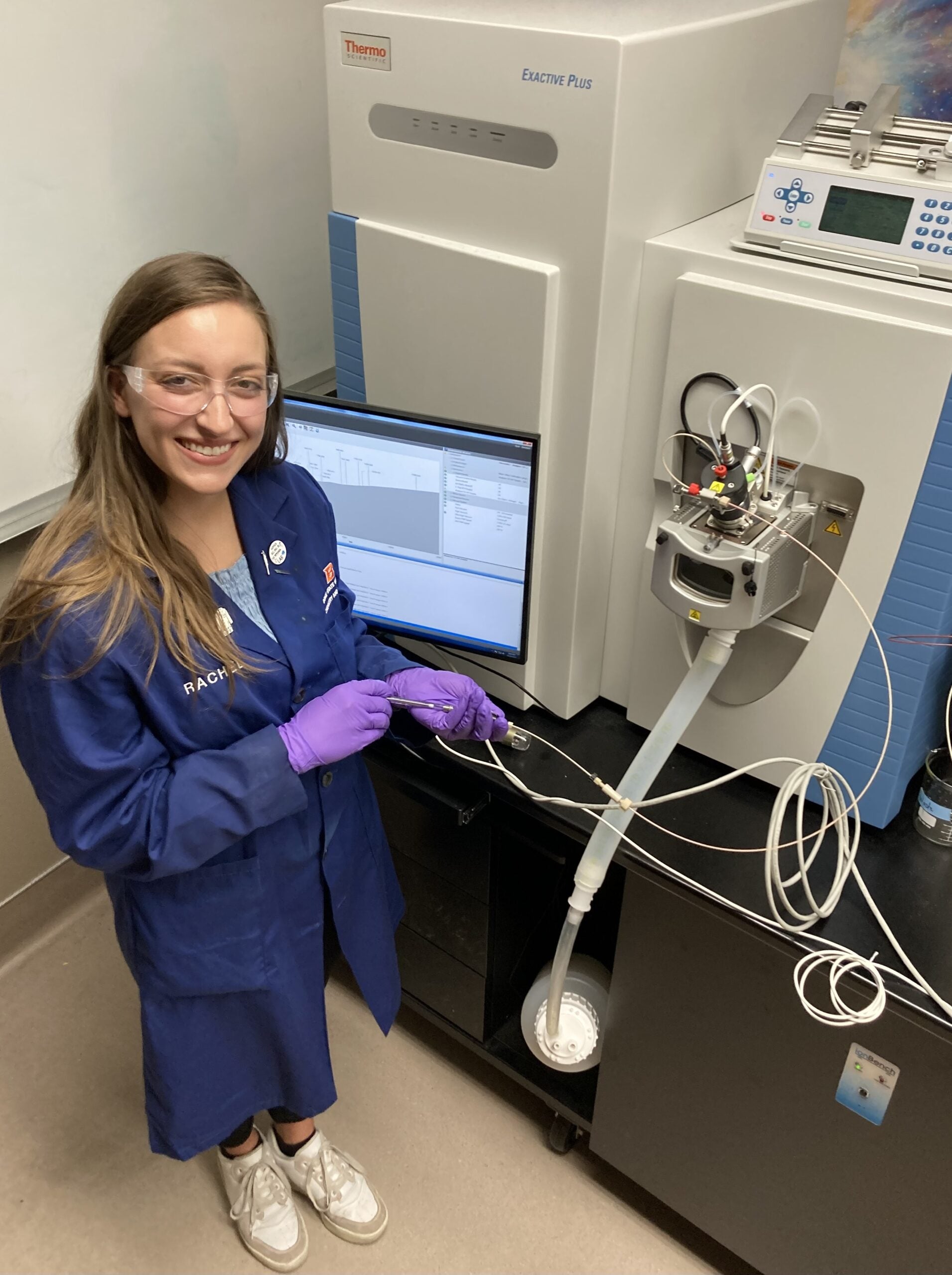
Mike Callahan, an associate professor in the Department of Chemistry and Biochemistry, recently published an article analyzing extraterrestrial meteorites. The project examined water-rich meteorites called carbonaceous chondrites. Callahan and his team analyzed these meteorites for cyanide-containing compounds using state-of-the-art analytical instruments. Cyanide is a well-known poison to humans, but billions of years ago, cyanide may have played an important role in the origin of life.
“Some of the most important molecules for the origin of life on Earth were likely the result of chemical reactions involving cyanide,” Callahan said.
The researchers found that these types of meteorites released cyanide when treated with an acid and that the source of this cyanide was likely in the form of stable metal-cyanide complexes, which have survived in these meteorites for billions of years.

“We are interested in looking for these metal-cyanide complexes in samples that were recently returned from asteroid Bennu,” said Rachel Reichow, a lead author and graduate student in the Callahan Lab.
The NASA OSIRIS-REx mission returned samples from the asteroid Bennu in September 2023 and these samples are thought to be similar to water-rich carbonaceous chondrites. Scientists believe that asteroids colliding with Earth billions of years ago may have brought water and other important compounds that could have jumpstarted the chemistry leading to the origin of life.
The team also included former graduate student Patrick Schwartz, a scientist at Serán Bioscience, and Karen Smith. The research was funded by the NASA Emerging Worlds program.
Their research article can be found in the journal ACS Earth and Space Chemistry.